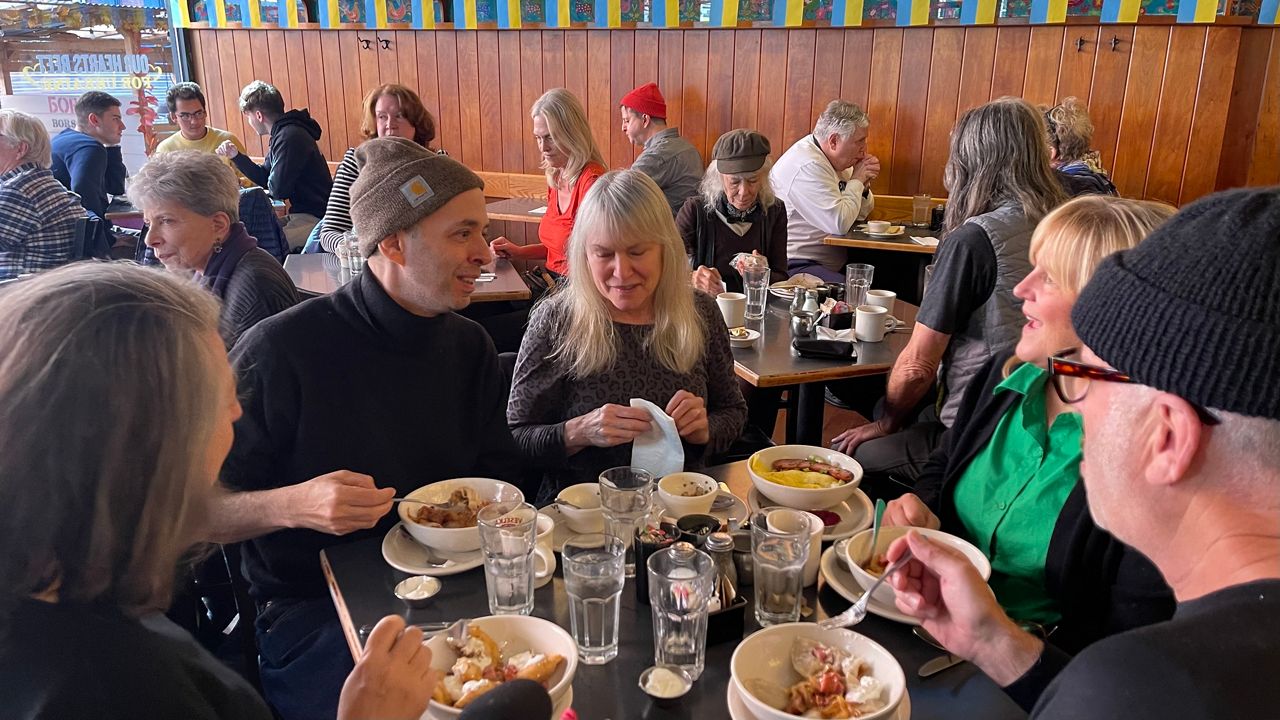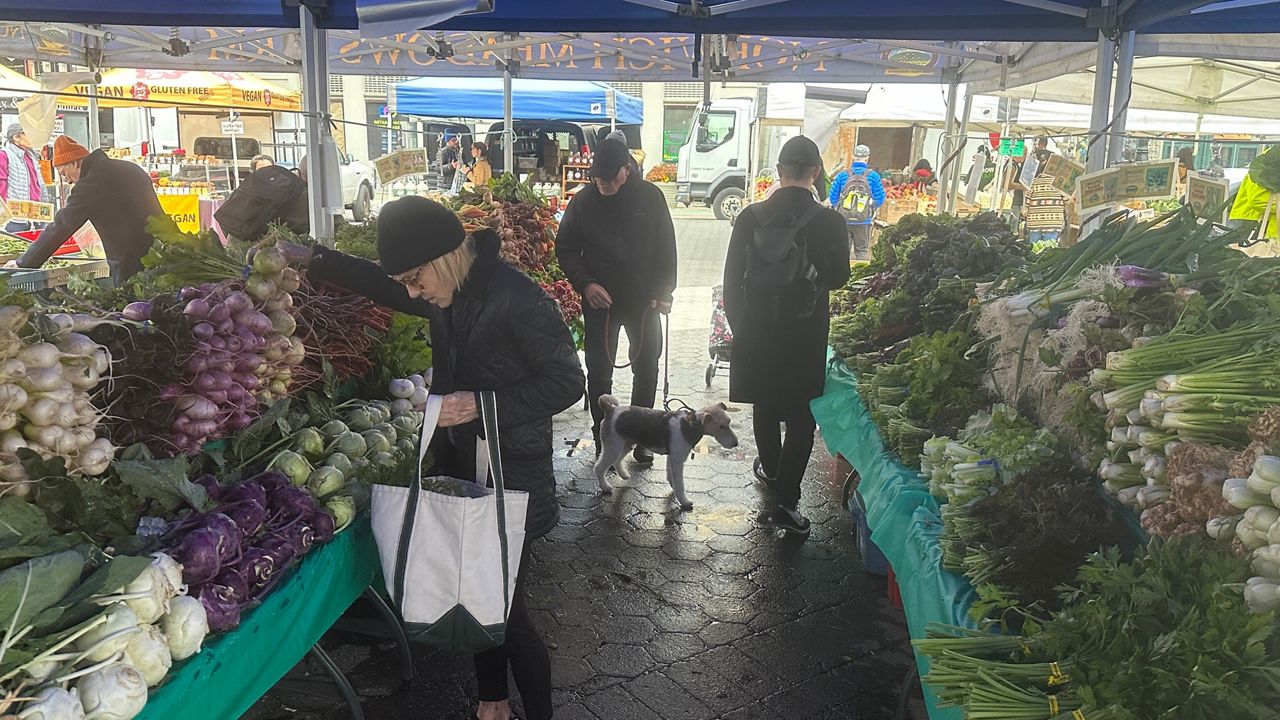Over the past 12 years, Tony Hillery and his team at Harlem Grown have transformed a vacant lot filled with junk on West 134th Street in Manhattan into a garden oasis.
It is part of a network of urban farms that feed the surrounding community.
“Now, collectively over our 14 sites, we grow just shy of 6,000 pounds of organic produce. We have free farmers markets every Wednesday and Saturday, but it’s complete with nutrition education, cooking demonstrations and recipe writing,” Hillery said.
Hillery started the nonprofit to support the children attending P.S. 175, which is located across the street.
Hillery remembers being troubled by the myriad of issues that children face in low-income communities, areas often described as food deserts — where access to affordable, healthy food is limited — or food swamps — where fast or junk food options far outnumber healthy alternatives.
“They’re not an accident. We know that,” Hillery said. “We have zoning for everything in this city and you’re telling me we can’t zone unhealthy, fatty, salty, sugary foods. So, the will is just not there and then it’s [also about] affordability.”
Another organization, GrowNYC, has a mission is to bring healthy foods to food insecure communities, while keeping costs as low as possible for customers.
“We see that people want to be healthy if the access is there and it’s equitable,” said Caroline Hiteshew, GrowNYC’s fresh food box program manager.
According to the organization, 60% of the farm stand transactions were paid with nutritional benefits like the Supplemental Nutrition Assistance Program, amounting to $4 million in redeemed benefits.
“So, we also offer incentive programs if people are using their SNAP or their EBT cards at any of our food access locations. They get extra money as well,” Hiteshew said.
Harlem Grown takes it even further.
“Everything is free of charge. We do the work. They work for this. This is an urban farm where everybody chips in,” Hillery said. “We are a 501(c)(3), but we don’t operate like a charity. This is not about those poor little kids in Harlem.”
“It’s about what these kids can do and be, given equal access and opportunity," Hillery added.




%20Food%20Deserts%20PKG%20CG_128050923_746?wid=320&hei=180&$wide-bg$)



 PKG Contento CG_128078190_1084)
